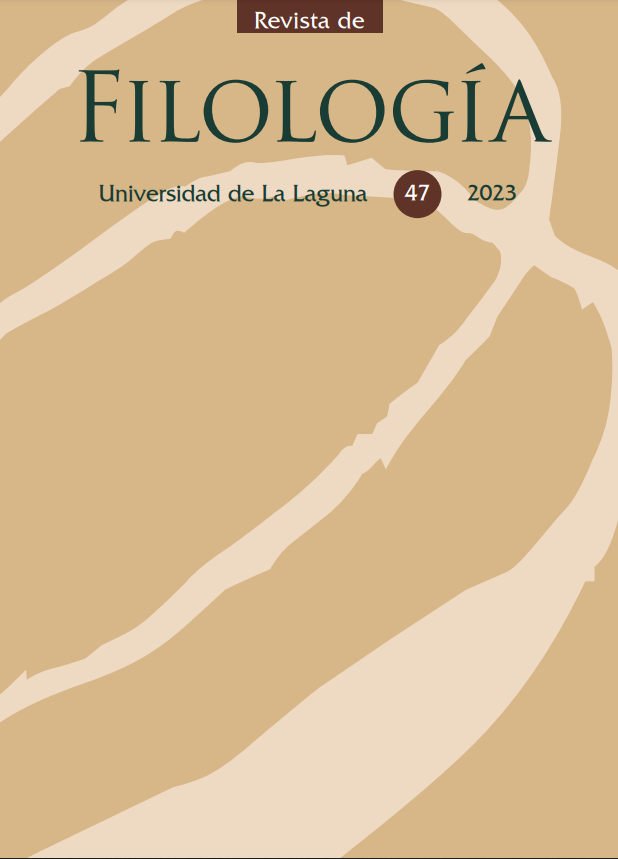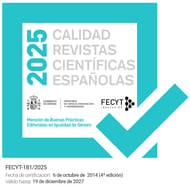La traducción literaria y la cuestión de la renovación de la lengua árabe durante la «Nahda»
Resumen
Debido al acervo literario que se extendía y se renovaba en la orilla norte del Mediterráneo, las figuras literarias árabes de la Nahḍa hicieron todo lo posible para abrirse a esta nueva literatura emanada de la Ilustración europea. Y, como no podría ser de otra manera, la traducción era el instrumento idóneo para enfrentarse a esa nueva realidad literaria decimonónica. No obstante, el vertido de textos por sí solos no ayudó a lograr los objetivos perseguidos. En este artículo se abordará la problemática de la identidad cultural árabe desde una perspectiva lingüístico-literaria. Se hará hincapié en cuestiones relacionadas con fenómenos paratextuales, con el lenguaje y la crítica de la traducción y con la literatura comparada. Se estudiarán las traducciones de algunas figuras destacadas en el ámbito de la traducción literaria, como al-Ṭahṭāwī, al-Manfalūṭī, Wadī‘ y Sulaymān al-Bustānī. Y, por último, la primera versión árabe de Los miserables de Hugo será el caso práctico a partir del cual examinaremos los efectos lingüísticos y culturales que la traducción literaria tuvo en la lengua árabe contemporánea.

Esta obra está bajo licencia internacional Creative Commons Reconocimiento-NoComercial-SinObrasDerivadas 4.0.
Los trabajos publicados en esta revista son propiedad de sus respectivos autores y autoras, quienes conceden a la Revista de Filología de la Universidad de La Laguna el derecho de primera publicación, tal y como se recoge en nuestra Política de derechos de autoría.









